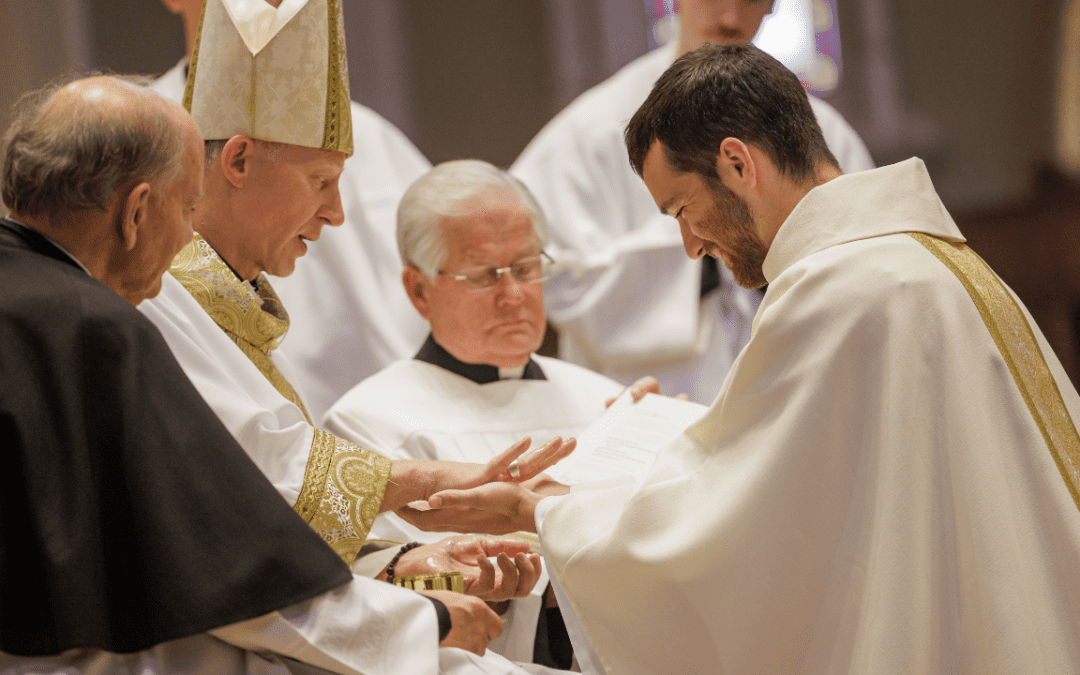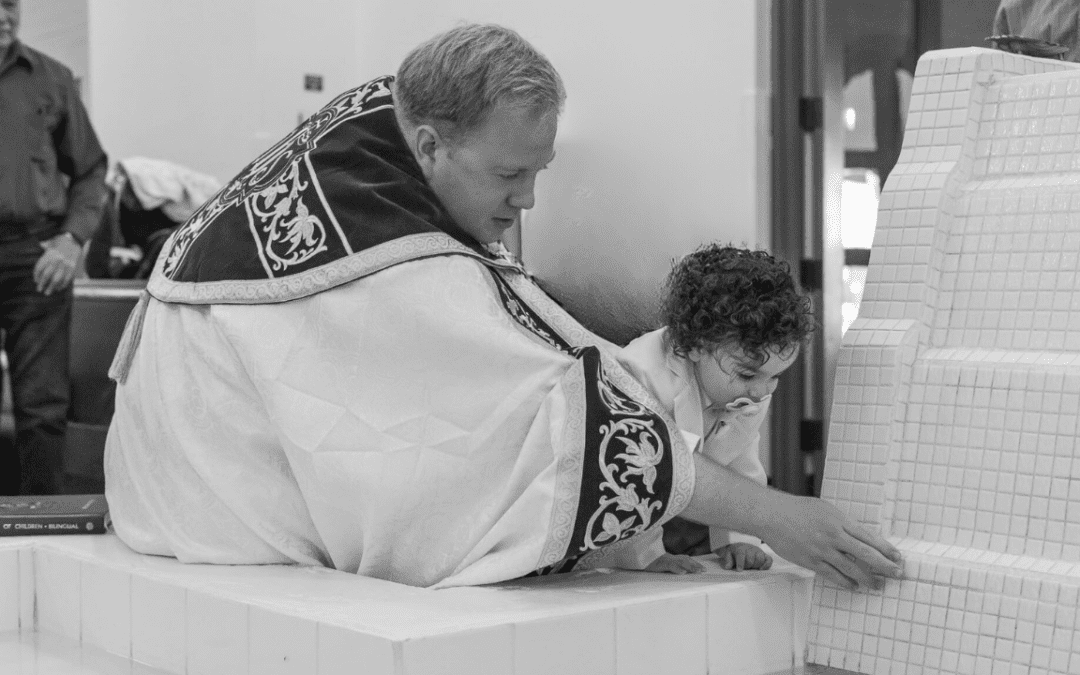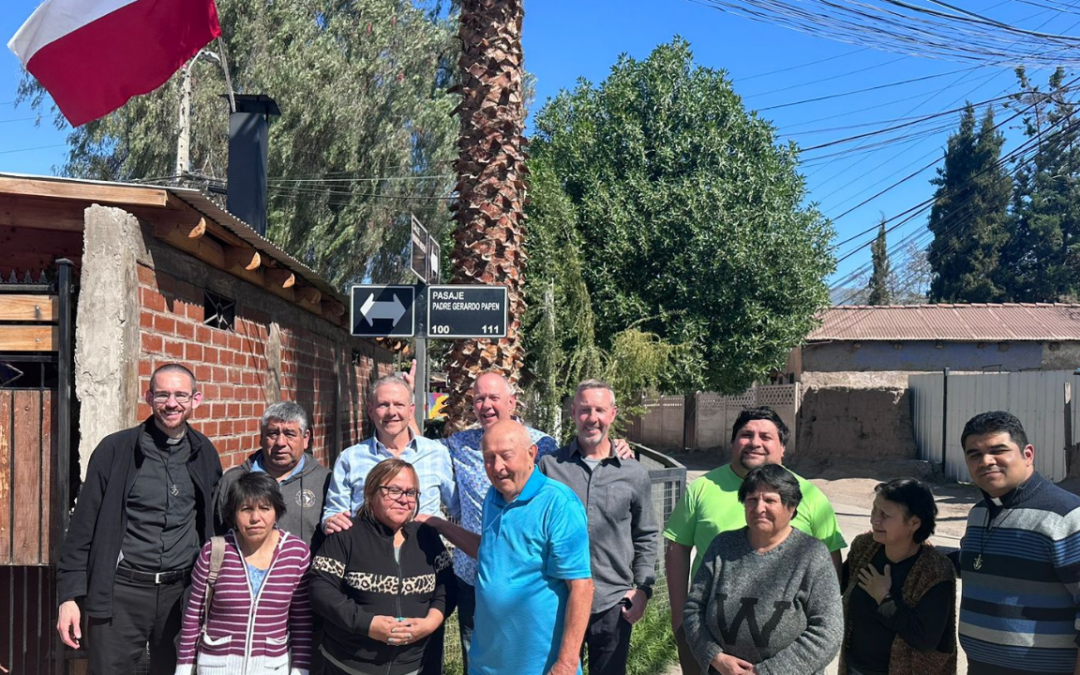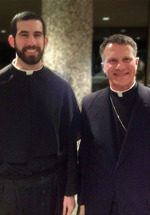
For many Catholics, the periods of Lent and Holy Week contain life-changing events—sometimes in the most unusual packages. For me, that package came in the form of an email from the Army Chaplain Office on Monday of Holy Week. Immediately opening it, my eyes flew down the page until they found the words I had been hoping for: “Congratulations, you are going to be a Chaplain Candidate.” Though it was brief, this sentence of approval was not the work of one moment; it was the result of ten months of interviews, tests, references, retelling personal history I didn’t know I had, and practicing my signature on dozens of forms.
But even then, the seeds of discerning the military chaplaincy were planted long before last summer. When I was a high school sophomore in spring 2005, two of my older brothers were accepted to West Point; although I didn’t feel called to follow in their footsteps, I did feel called to offer my life in service—I just didn’t know how.
That all changed with two brief but powerful moments. That spring, my uncle returned from his Army tour of duty in the Middle East. One night, he told us that out of all the difficulties he faced overseas, one of the hardest things for him was not having a Catholic chaplain around. This meant an entire year without receiving the Eucharist, going to Confession, or even having a chance to seek spiritual direction for his faith. When I heard this, something clicked in the back of my mind and I thought, “Hey, that sounds like something people really need—and I might actually like to do it!”
A few weeks later, I was attending a Holy Week discernment retreat at Sacred Heart Seminary in Detroit when I walked by a small poster. It was an ad for the military chaplaincy that simply asked, “Who will watch over those who watch over us?” For whatever reason, that question emblazoned itself in my mind; and as I’ve journeyed through formation in Holy Cross for the last seven years, I’ve discovered that this question has only increased in volume and urgency.
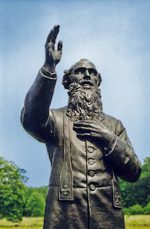
When I first raised the possibility of the Army Chaplaincy last year, I was surprised by the enthusiastic reaction from the formation staff. I knew that a few Holy Cross priests had been chaplains, but I was amazed to find out that ever since Father William Corby, C.S.C. gave general absolution to the Union’s Irish Brigade (a scene immortalized in the movie Gettysburg), Holy Cross has always had chaplains in the military! This unique chaplain “ancestry” has long been a ministry dear to Holy Cross because so many men and women are deprived of spiritual strength and encouragement, particularly in situations where they need it the most.
When we speak of giving others the hope of the Cross—especially where the presence of evil and violence is strongest—it is only natural that the Holy Cross mission extends to the frontlines as well. Instead of proselytizing or condemning, chaplains are simply called to be present and gently bind up spiritual wounds. It doesn’t even matter if someone is Catholic or not; since the Cross is universal, we too are sent by God to aid every person in need of courage and healing.
For me, it will be several years until I am sent into active duty. However, there are still countless men and women who risk their lives every day without the spiritual courage and peace that God offers to all. As we celebrate Christ’s Easter victory over death, let us pray that more priests and religious will hear the call to watch over those who watch over us.
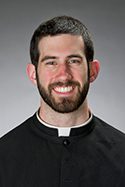
Mr. Michael Palmer, C.S.C. is in his second year of temporary vows as a seminarian at Moreau Seminary. He and other seminarians at Moreau post twice each month for the Spes Unica Blog, sharing on their life and formation at Moreau.

